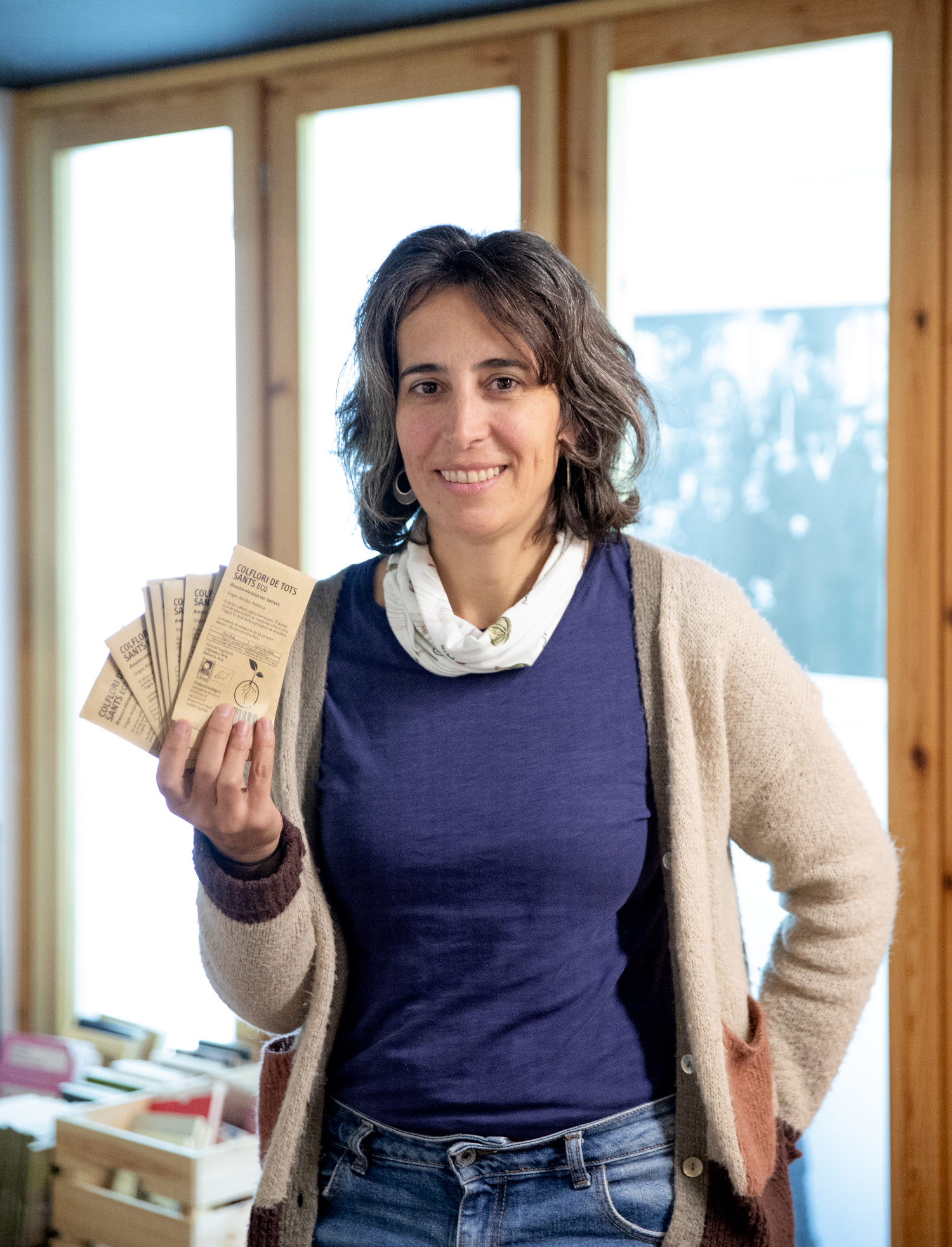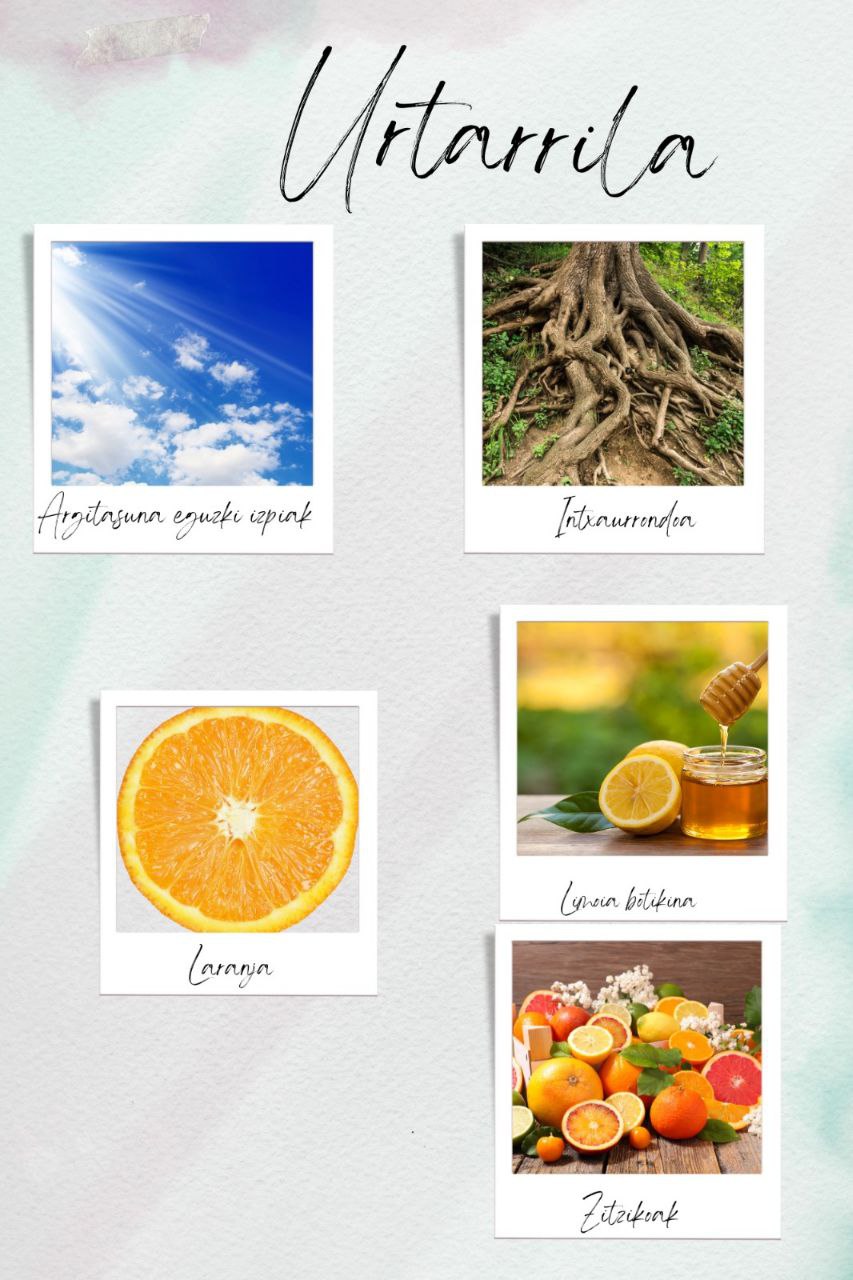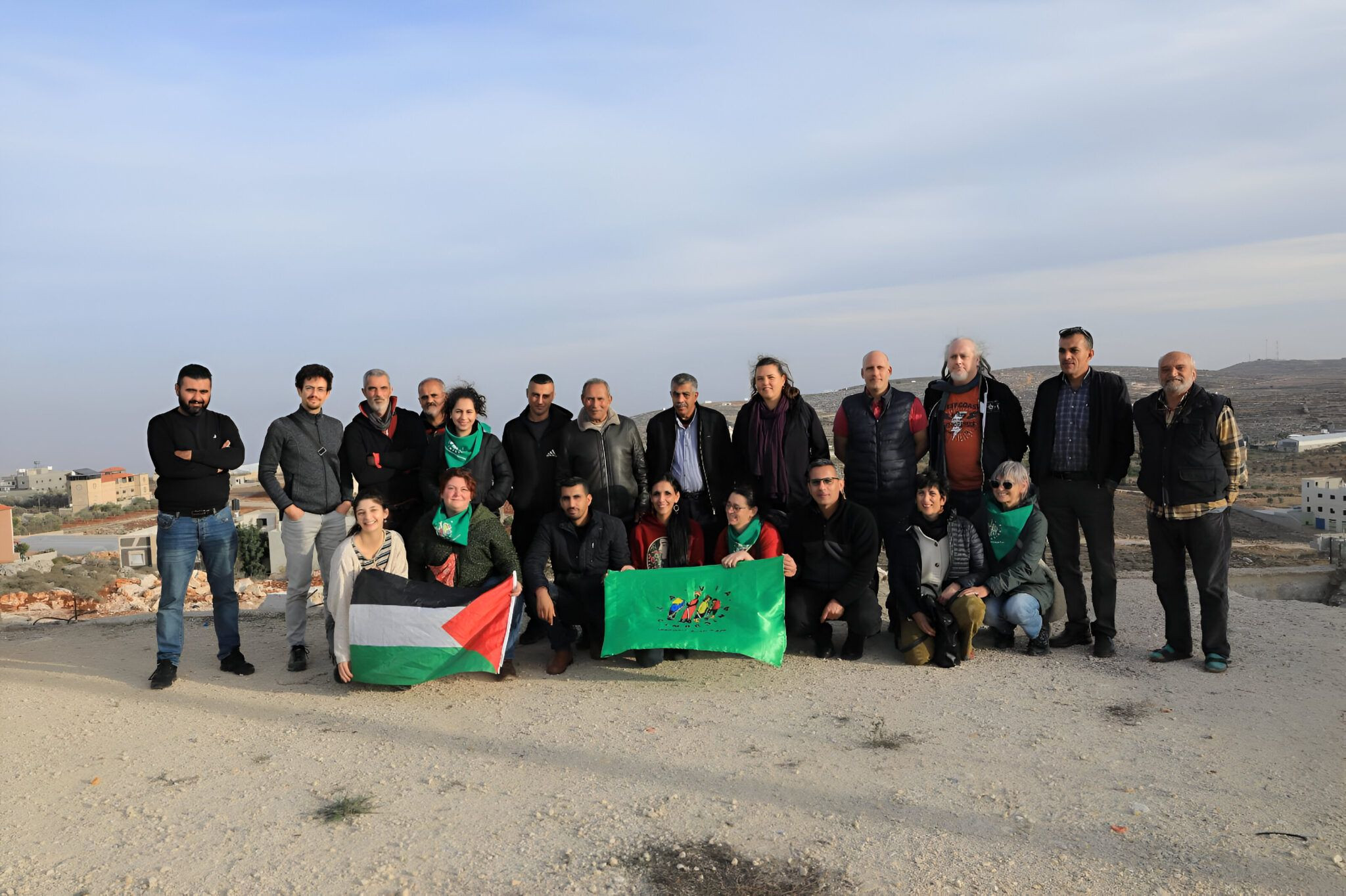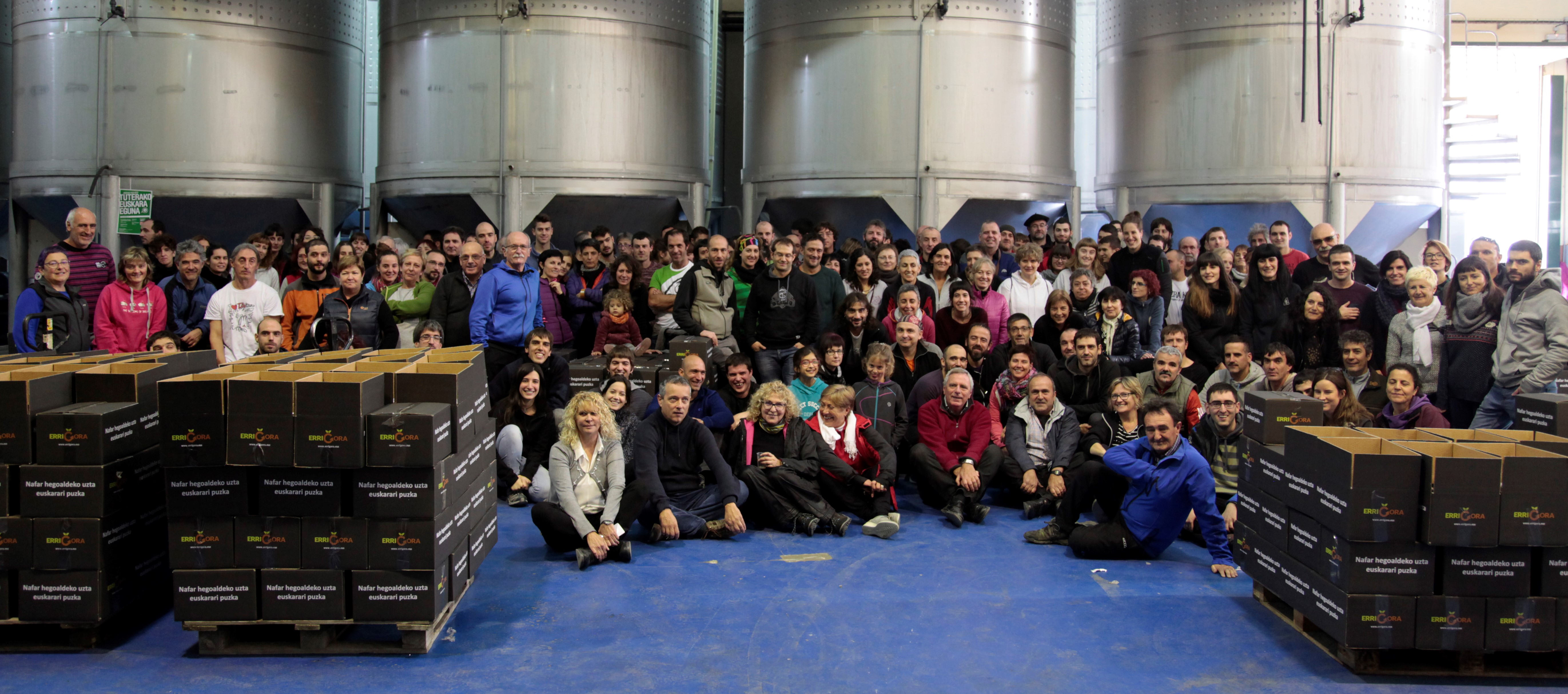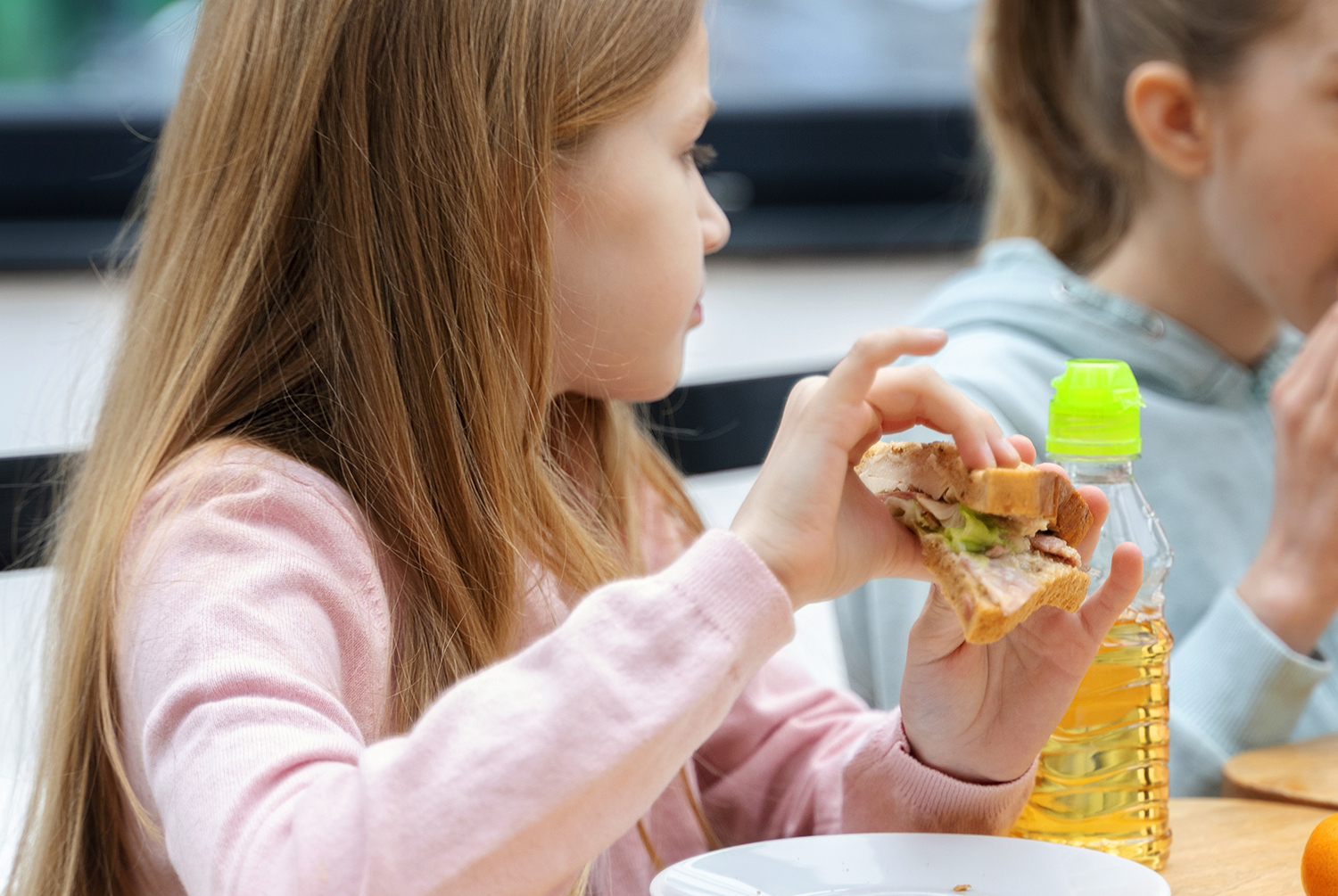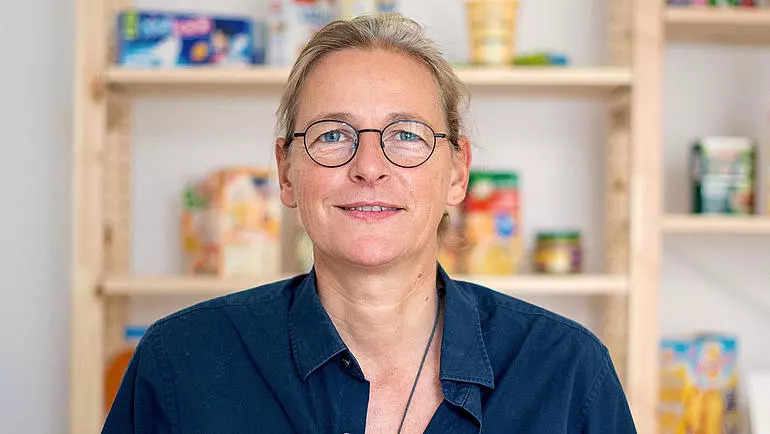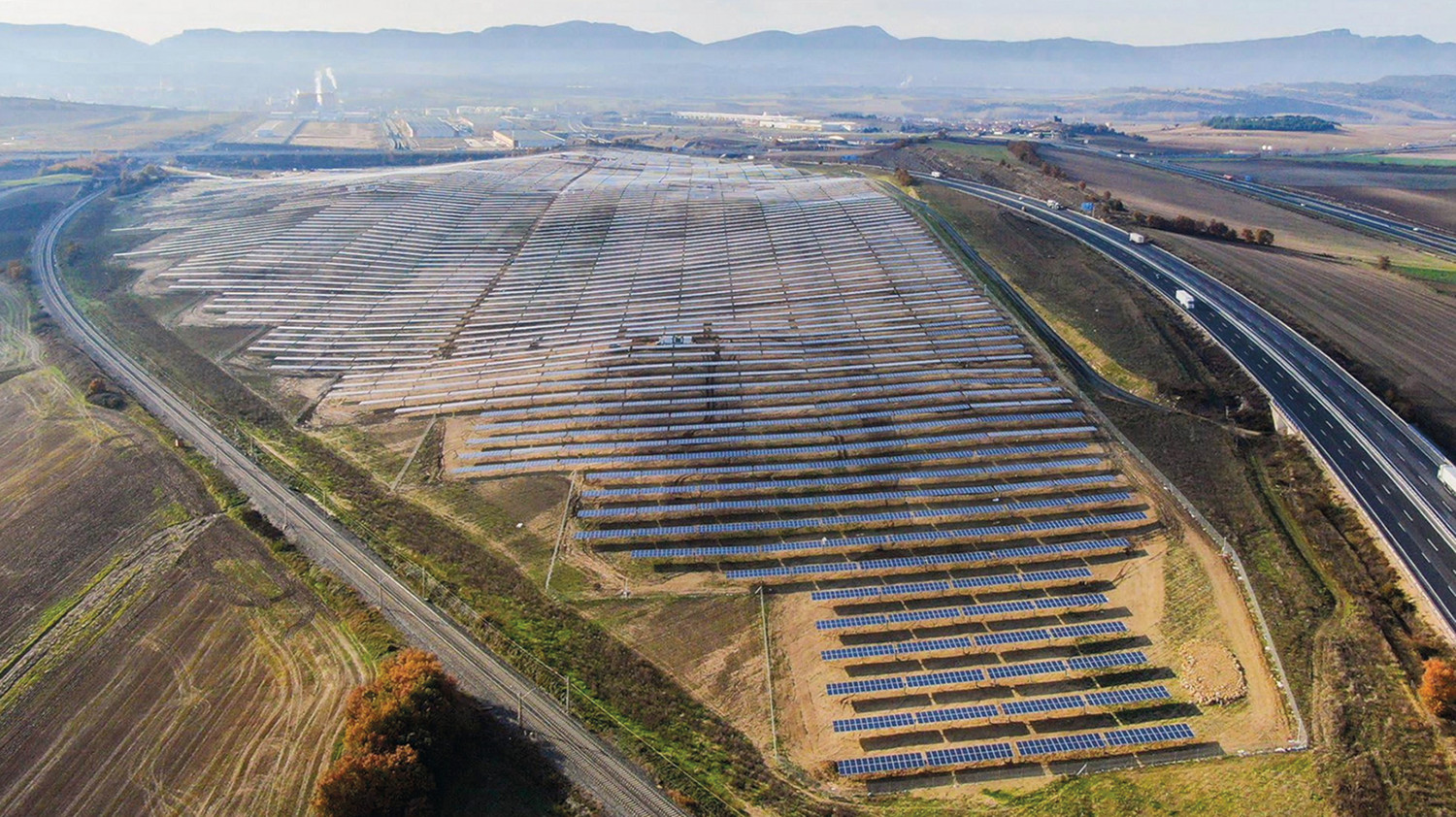140 agents ask the Government of Navarre for food sovereignty policies
- The 140 agents who make up the "Movement for Food Sovereignty in Navarre" have signed a manifesto and met with the Councillor for Rural Development and the Environment of Navarre, José Mari Ayerdi, to convey the demands of the manifesto, whose objective is to promote the deintensification of agriculture and livestock in Navarre. These include the moratorium on industrial livestock production and a 50% reduction in intensive production by 2030. Concerning mobilizations in the agricultural sector, they point out: "This situation is due to neoliberal policies, free trade and economic globalization implemented around the world in recent decades. (...) Now more than ever, it is necessary to change the direction of agricultural and food policies and to opt for a model based on food sovereignty".

In Navarre, the agricultural sector, especially the smallest and most sustainable, sees the movement for food sovereignty "on a worrying path of disappearance" and points out other problems: "That fewer and fewer hands are being concentrated, that they have a lack of profitability and that agriculture and livestock are intensifying." In recent years, 140 agents have joined in this movement: Producer associations of Navarra such as Belardi, Habelarte, Plazara!, Trade unions such as Etxalde, Bizilur Navarra, Hazialde or Ekoalde, ELA or LAB, consumer associations such as Planta, environmental, environmental and territorial organisations, various municipalities and councils.
Three years ago a participatory process was carried out which completed the Manifesto for Food Sovereignty in Navarra. Its objective is to develop proposals to promote agricultural deintensification in Navarre, focusing on agricultural and food policies, especially aimed at public administrations, both at Navarre and local level. In this context of mobilization, a representative commission of the movement has met with the Minister for Rural Development and the Environment, José Mari Ayerdi, to give the Manifesto and set out the main demands.
Call for measures for the transition to agroecology
The measures set out in the manifesto promote the "transition to a sustainable, diversified and agro-ecological medium-scale model", "aimed primarily at marketing and local consumption, with fair prices for producers and consumers; to help reduce pollution and pesticides and to cope with the climate emergency; to help small producers; to alleviate bureaucracy and to curb the disappearance of the family farming and rural world".
The manifesto contains over 60 proposals/demands to transform the current food system, highlighting:
- Introduce an immediate moratorium on industrial livestock farming: no new farms, no expansion of existing farms, and a progressive reduction in intensive livestock production to 50% below the present level by 2030.
- Reduce the use of pesticides, chemical fertilizers and antibiotics by 50% by 2030 in accordance with the European Finance Strategy to the Bureau, progressively moving from organic production to 25% of the land, always with small-scale production and in Navarra
prioritising those intended for the consumption of the population.
- Advice, training, support and support for the de-intensification of industrial holdings, through the transition to agro-organic farming and livestock farming and the establishment of an efficient budget to assist it, CAP financial support for this purpose
reordering.
- Protect and promote agricultural and livestock models with low water footprint, such as traditional land models or extensive livestock, paralyzing irrational irrigation.
- Adaptation of hygiene and health regulations to small-scale productions.
- Public purchase of local productions (schools, hospitals…), mainly small, family, with ecological and social criteria.
Current mobilisations: What's at the heart of the problem?
The lack of profitability has led to significant mobilisations in the agricultural sector in recent weeks. Before them, the movement for food sovereignty in Navarre has pointed out: "We have long denounced what is happening in all countries, which in recent decades is a consequence of neoliberal policies, free trade and economic globalization applied worldwide. They include the key and responsibility, which are responsible for stopping the production of food for the local population and for producing goods destined for the global speculative market controlled by agribusiness, which is causing the continued disappearance of farmers around the world and the destruction of natural resources that allow life (and agriculture linked to the land), here and throughout the planet."
They therefore communicate the following message: "Now, more than ever, it is necessary to change the direction of agricultural and food policies and to opt for a model based on food sovereignty and the creation of fair and sustainable local agricultural and food systems, which will deal with the current agricultural, rural, social, environmental and emergency crisis, putting life at the centre of life. These policies must be accompanied by trade policies in the same direction, paralysing all free trade negotiations (Mercosur, pact with New Zealand, etc.). and regulating markets so that farmers have fair production prices and do not sell below production costs."
They stress the need to build partnerships between the rural environment and the city to "make such a necessary agroecological transition. Because we're talking about food, and it's asking all of our citizens."
Emakume bakoitzaren errelatotik abiatuta, lurrari eta elikadurari buruzko jakituria kolektibizatu eta sukaldeko iruditegia irauli nahi ditu Ziminttere proiektuak, mahai baten bueltan, sukaldean bertan eta elikagaiak eskutan darabiltzaten bitartean.













